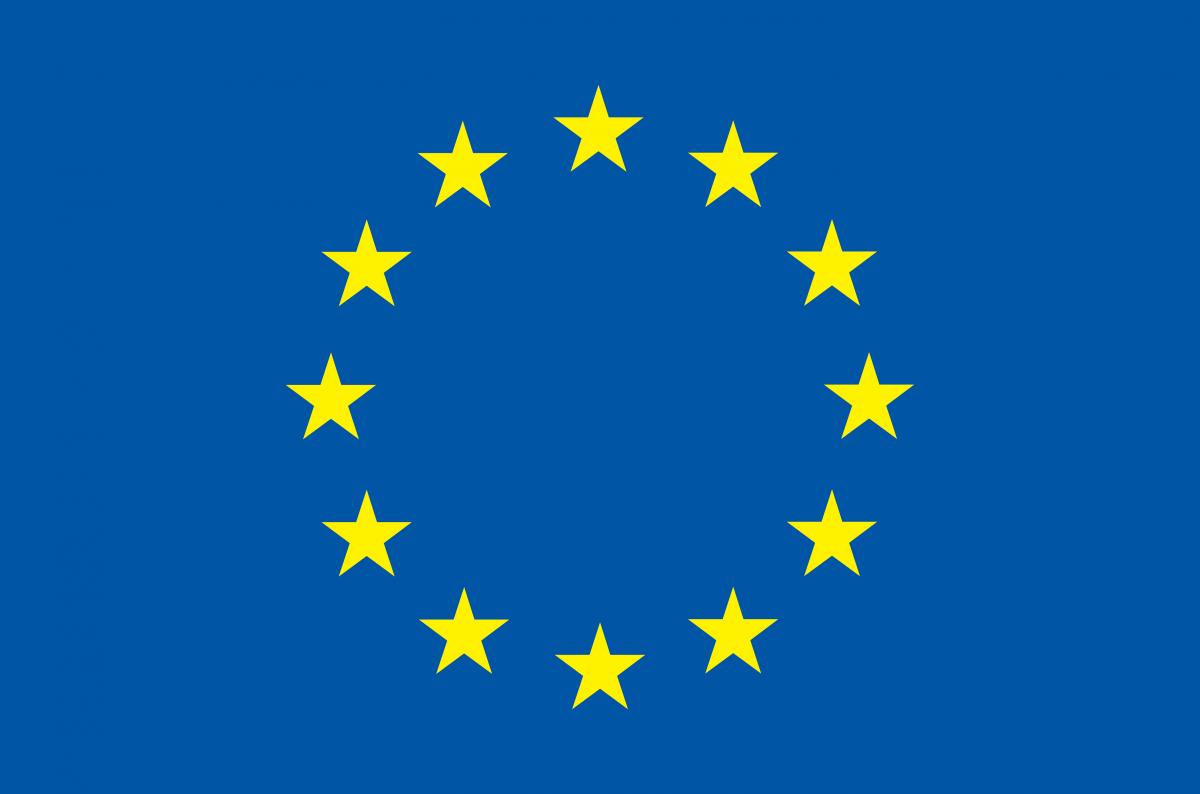Interview of Dr Elsa Brander, Kooperationen

The second newsletter of the Cooperatives Europe Development Platform (CEDP) pays tribute to one of its members, Dr Elsa Brander, consultant and researcher at Kooperationen. Elsa shares the principles that lead the work of Kooperationen, discusses the challenges and benefits of engaging with the CEDP, elaborates on the thematic where the cooperative movement should focus, and communicates her aspirations and personal interests that keep her dedicated to international cooperative development.
What are the cooperative principles that lead the mission and vision of Kooperationen?
All principles are relevant for us. However, we believe that the 2nd principle, Democratic member control, the 6th principle, Cooperation among cooperatives and the 7th principle - Concern for community, are important for our organisation.
The 2nd principle is what makes cooperatives different from traditional businesses. It’s about the members of a cooperative having an equal say in the governance of the business in contrast to private ownership. Local community and cooperation is what the 6th and the 7th principles are all about. These principles are important for our organisation and our members. They are consistent with the history of the Rochdale pioneers. The pioneers assessed the society that they lived in and they had a comprehensive social vision of what was happening around them. Looking closely at the Danish society, you see that it builds on social equality, cooperation and concern for community. The three principles are not only imbued in our society but they also symbolise the mission of our organisation.
Having an active role within the Cooperatives Europe Development Platform (CEDP), could you tell us what are the benefits / challenges of such an initiative?
Talking about the future, what I see as a challenge for this project is that by increasing its complexity it will decrease its transparency. Creating a project like this will entail difficult decisions, because there are different voices and numerous influences. If we are aware of the complexity of the project, we will be able to guarantee its transparency.
The CEDP is an important platform, especially regarding the European Commission (EC). It is important for the EC to understand the competitiveness of cooperatives and their role regarding development. Cooperatives have been silent throughout the past decades when it comes to development. When I am talking about development, I am also talking about development in Europe, development in the local communities. Community development is very important for Kooperationen. One of the benefits of the CEDP is that the EC becomes more aware that the cooperative movement is improving the living and working conditions of people not only in Europe but all over the world; that cooperatives are able to create sustainable employment and provide vital services in areas that have been neglected by traditional enterprises or even by states. Cooperative development should not be limited to countries or continents. Good practices fostered from international development should be reintroduced back to Europe where they actually originated. I think cooperatives should be more dynamic in regard to these needs. Cooperatives are about people. But they are also about jobs, policy, economy, society and communities.
Which is the theme (gender equality, youth, entrepreneurship, etc.) where you see a lot of potential for the cooperative movement to prosper and of course bring prosperity to the societies in development?
At Kooperationen, we envision a more inclusive view of businesses built on the principles of democracy and participation, gender equality, youth and entrepreneurship. However, we think that we need to focus even more on climate change and the cooperative renewable energy. We believe that we should have an 8th principle but since this is not possible, we should revise the 7th principle so that it addresses climate change and renewable energy. If we do this, it will prove once again that the cooperative movement is aware of what is happening in our society today. We need to understand that the climate crisis and the refugee crisis are becoming entwined and are about to change the world. Therefore the cooperative movement needs a comprehensive, social, environmental and sustainable vision of what is happening in the world and most importantly to be able to make the necessary changes.
Researcher, consultant, loving astronomy, voyages, tech trends and bugs. Allow me to add cooperative activist …which aspect of your character depicts your focus on cooperatives and what is your personal aspiration for your future engagement in international cooperative development?
I’m interested in nature and natural phenomena. There is a book by Martin Novak, Super Cooperators, where Novak states that “previously there were only two basic principles of evolution - mutation and selection”. Then Novak adds: “to understand the creative aspects of evolution we must accept that cooperation is the third principle”. This is incredibly important because cooperation, and not selfishness, is essential for the 4 billion years of evolution on earth. Cooperation is about sharing towards a common goal. Cooperation is evolution – development. For me, I see cooperation as the architect of creativity and innovation. It is about equitable relationships within an organisation as well. To cooperate is to be smart, to be intelligent. But cooperation is not only something that happens inside networks or organisations but is everywhere - from huge organisms to the cell. Regarding my personal aspirations, I believe that there is a lot of research to be done and a lot of new projects to be created. These aspects are extremely important. They give the group the possibility to build new projects and to bring innovation and research into the cooperative world.
Contact
Cooperatives Europe
Avenue Milcamps 105
B - 1030 Bruxelles
VAT: BE 0879.795.938
+32 2 743 10 33
www.coopseurope.coop

This website has been co-funded by the European Union. The content of this website is the sole responsibility of Cooperatives Europe and can in no way be taken to reflect the views of the European Union
